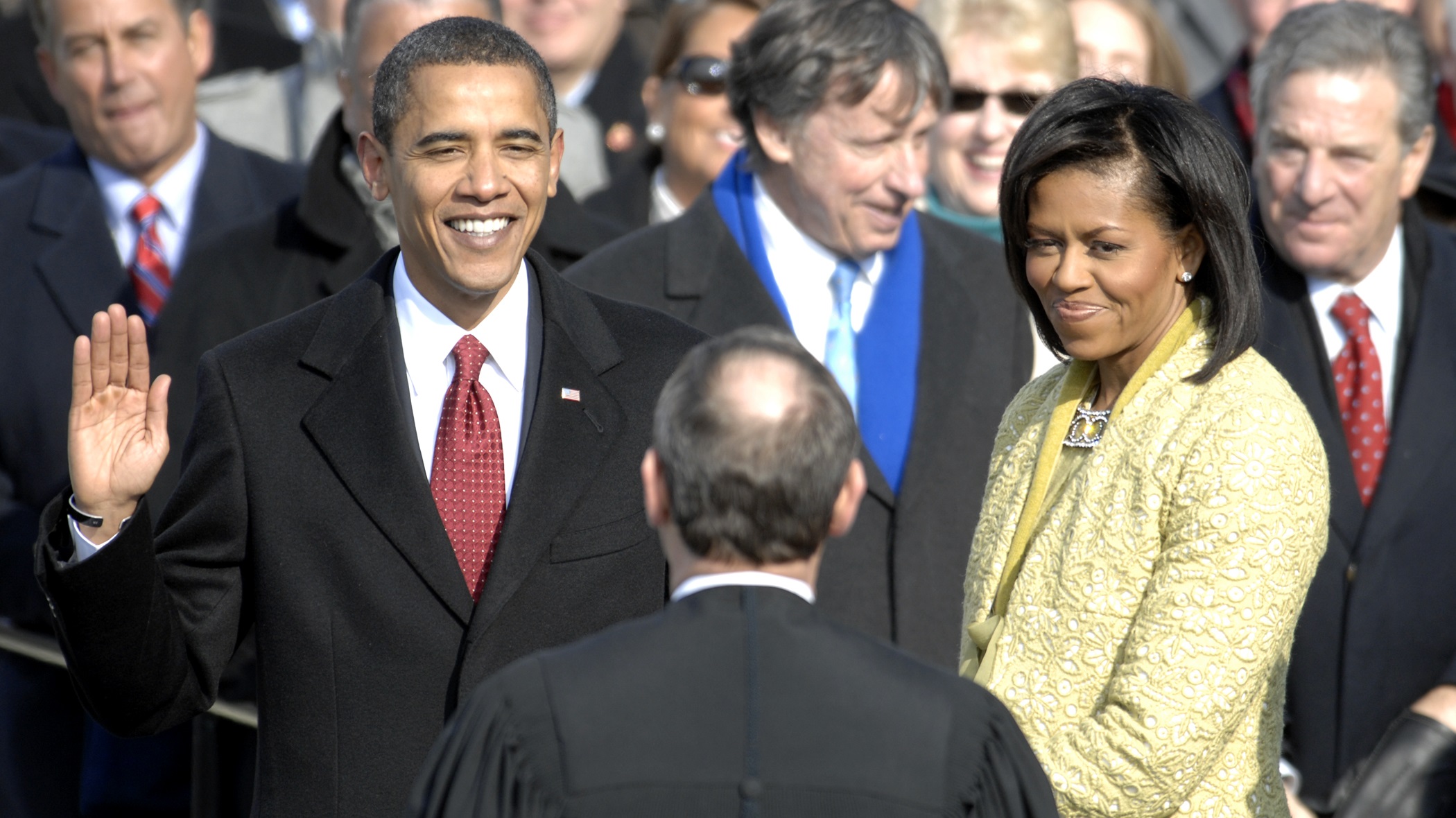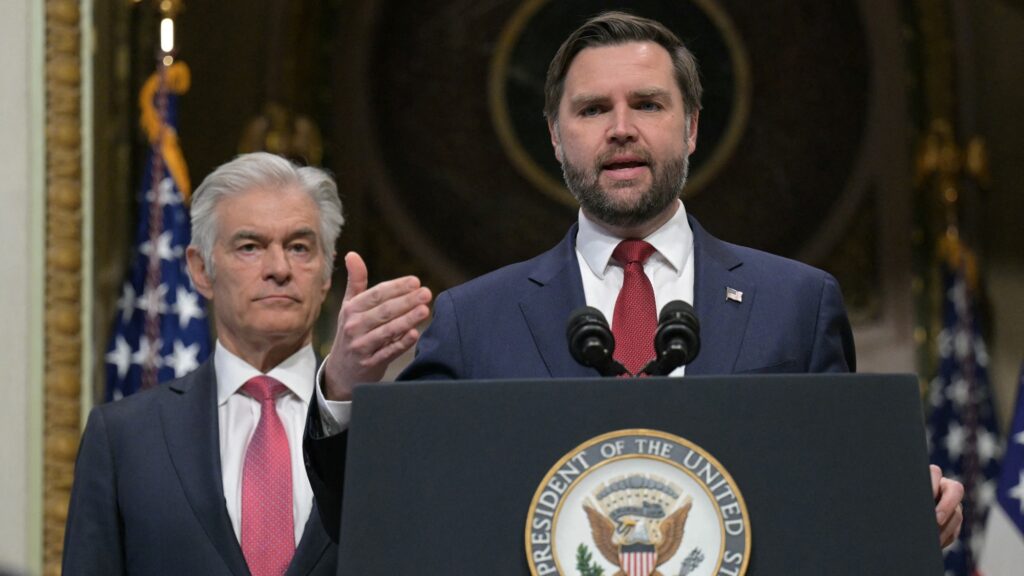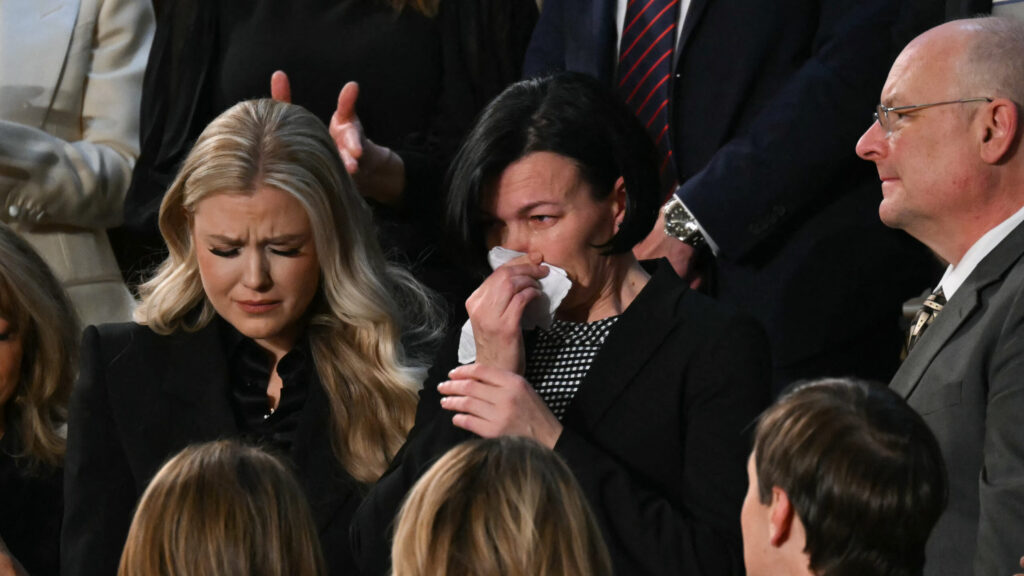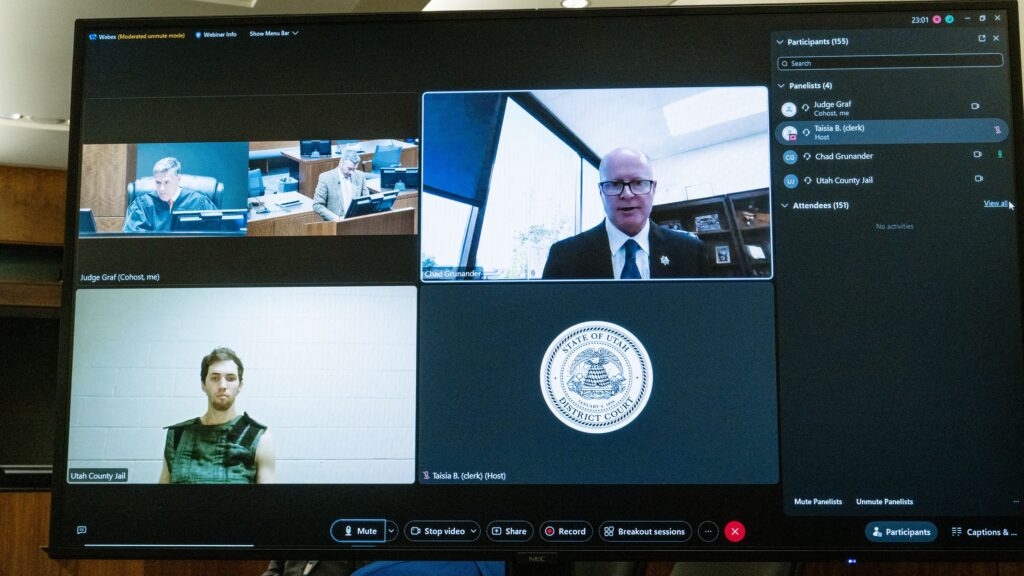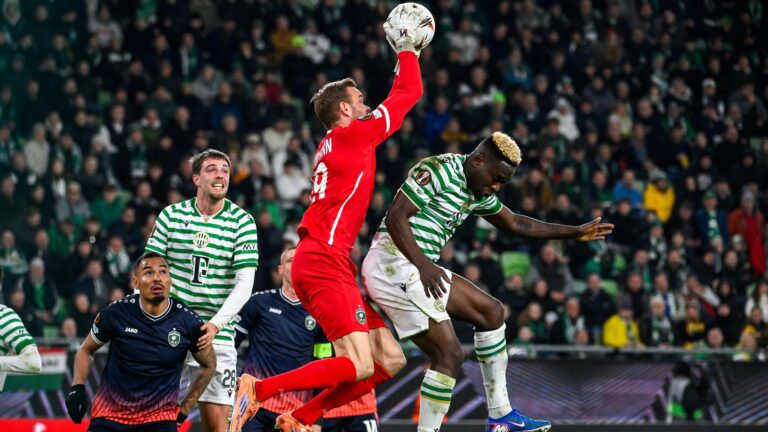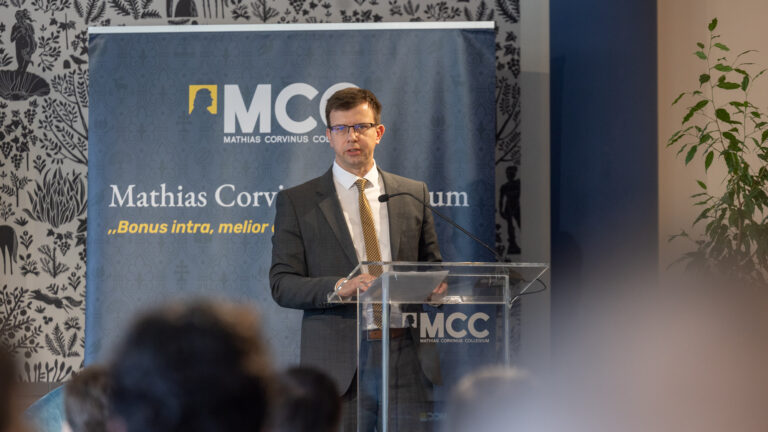The 60th quadrennial presidential election in the United States is just one week away. As the campaign season is heating up, let’s take a look at the election of 2008, which saw the election of Illinois Senator Barack Obama, the first African American person to hold the office of the presidency in American history.
The divisiveness of the bitterly close 2000 election soon passed on. On 11 September 2001, terrorists from the Islamic terror group Al-Qaeda hijacked four commercial airline planes and flew two of them into the World Trade Center in New York City, New York. Almost 3,000 Americans died that day in an unprecedented attack on American soil. In response, the American public rallied behind their Commander-in-Chief like never before. The highest presidential approval rating ever recorded by Gallup is President Bush’s 90 per cent, right after the 9/11 attack.
This was parlayed into the electoral success by the Republican Party. They retained the House and the Senate in the 2002 midterms. Then, President Bush went on to be re-elected in 2004. He won the popular vote by 2.4 points—this was the last time the Republicans won the popular vote in a presidential election to date.
His second term, however, was not nearly as successful as his first, to say the least.
The Iraq war, which started in 2003, had become increasingly unpopular as Americans lost sight of the vague connection between Saddam Hussein’s Iraq and the 9/11 terror attack. Also, the initial claims by the Bush administration of the Hussein regime possessing weapons of mass destruction had been called into question as well. Hussein was captured and eventually executed in 2006, but American troops remained in Iraq to help in so-called ‘nation-building’. Unlike in the case of the Afghan war in pursuit of Al-Qaeda leader Osama bin Laden, the international community and the United States' NATO allies were not fully on board with the Iraq operation either.
What hurt President Bush the most, however, was the burst of the housing bubble in 2008. Banks had been giving out sub-prime mortgages to unqualified borrowers on mass, so that they could sell those mortgages to other institutions in packages. However, as more and more customers started to default on their loans, the bubble eventually burst. It got particularly bad in September 2008, by the time the two major party candidates had already been selected. The DOW Jones Industrial Average ended the year with a whopping 33-per-cent loss in 2008. This resulted in a whole slew of property foreclosures and business bankruptcies across the US.
President Bush’s 90-per-cent approval rating became a distant memory, as his support dipped as low as 25 per cent by October 2008.
‘The 2008 Democratic primary was a contest between the United States’ potential first African American and first female President’
Under these circumstances, the real fight for the Presidency took place during the Democratic primary. Illinois Senator Barack Obama had a very tight race against former First Lady and New York Senator Hillary Clinton—this was a contest between the United States’ potential first African American and first female President. Eventually, Barack Obama came out as the winner. He chose Delaware Senator Joe Biden as his running mate.
There was plenty of fighting on the Republican side as well, although for a lot smaller chance of electoral victory in the fall. There, Arizona Senator John McCain got the nod. To not make 2008 all about Senators, his choice for VP was Former Alaska Governor Sarah Palin, the second woman to be on a major party presidential ticket after Geraldine Ferraro in 1984.
This was the first US presidential election where social media sites, such as Facebook and the video-sharing site YouTube, were utilized as campaign tools. Online donation solicitations also began this year. Barack Obama and a less successful Republican primary campaign, that of Texas Congressman Ron Paul, were the most prolific in adapting the new technology.
The American Presidential Election of 2008
The Ultimate American Presidential Election Book: Every Presidential Election in American History (1788-2020), is now available! https://amzn.to/3aYiqwI Mr. Beat's band: http://electricneedleroom.net/ Mr. Beat on Twitter: https://twitter.com/beatmastermatt Donate to Mr.Beat for prizes: https://www.patreon.com/iammrbeat The 56th episode in a very long series about the American presidential elections from 1788 to the present.
Again, due to the economic crisis and the unpopular foreign policy by the incumbent Republican administration, most observers understood that there would not be much of a contest in the general election. Senator McCain even suspended his campaign for a brief period of time in September after the stock market crashed.
Meanwhile, outside of the obvious critiques of the Bush administration's economic and foreign policy, and the overall theme of 'change,' the Obama campaign also put the promise of government-aided healthcare coverage for Americans in the focus of their messaging.
In the end, Senator Obama won the election with 365 electoral votes against Senator McCain’s 173. Obama also won the popular vote by 7.2 points. That is not a major landslide from a historical perspective. However, it is the largest margin of victory in the popular vote in a US presidential election in the 21st century.
Unsurprisingly, Senator Obama did outstandingly well with black voters, winning a whopping 95 per cent of them, while also inspiring a very high turnout among that demographic. Black men and women were certainly very excited to vote for the first African American President in American history back in 2008.
Related articles:

